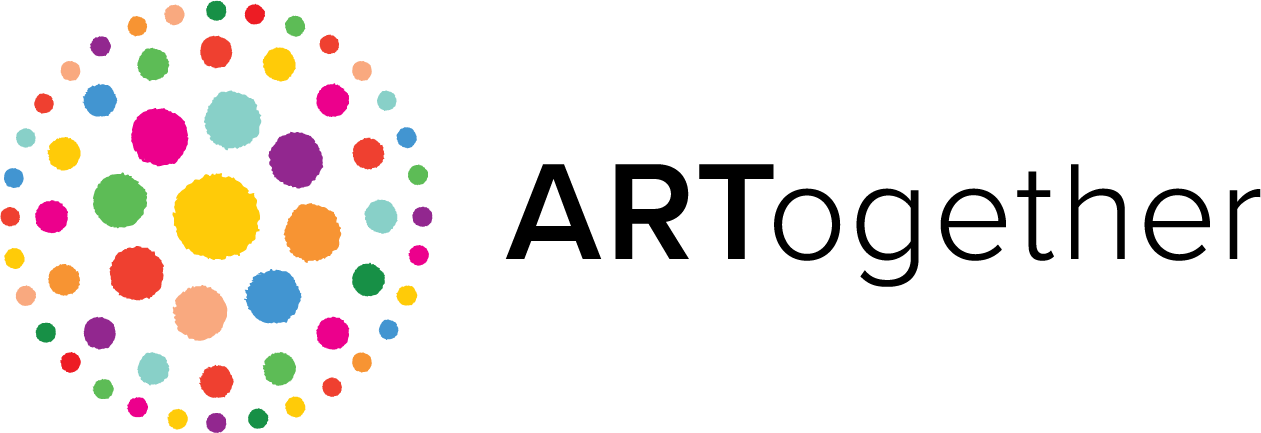Oral History
Ny
“People that hurt people, majority of them are survivors themselves, they may have been victims of abuse. We have to get down to the root: where did this hurt and anger come from? And when that is unresolved & undealt with, if they were unable to get that support… from my years of therapy and through the restorative justice program, there is tons of research to prove that the majority of people that harmed others, was because they were themselves abused or victims of trauma”.
Ny
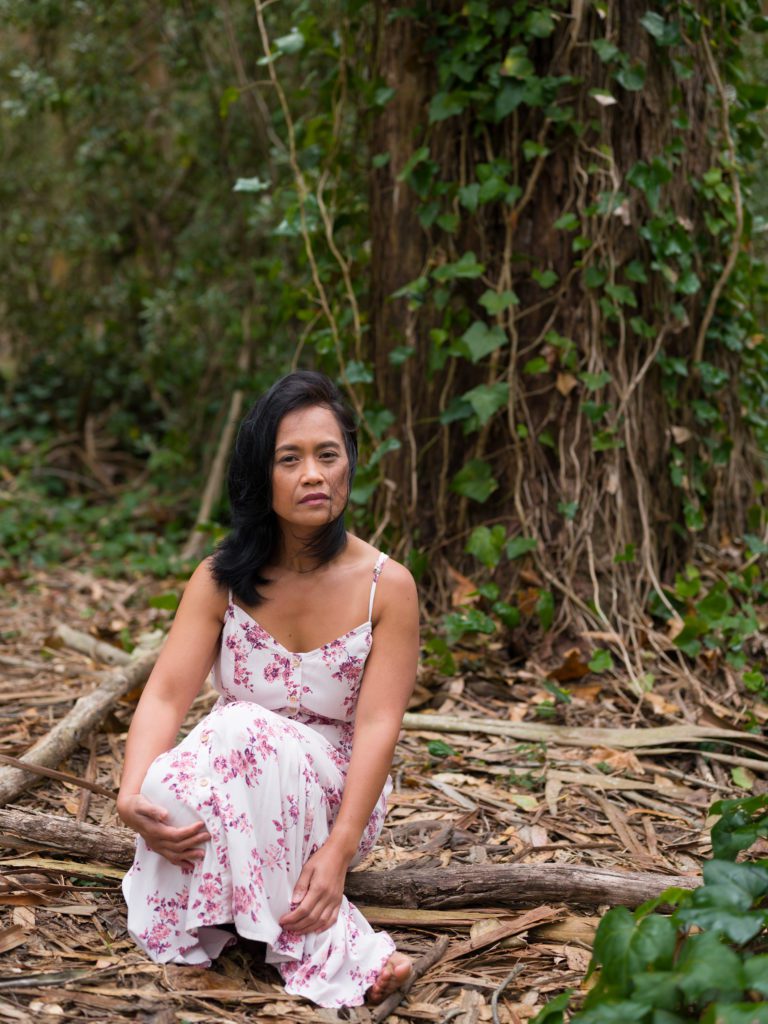
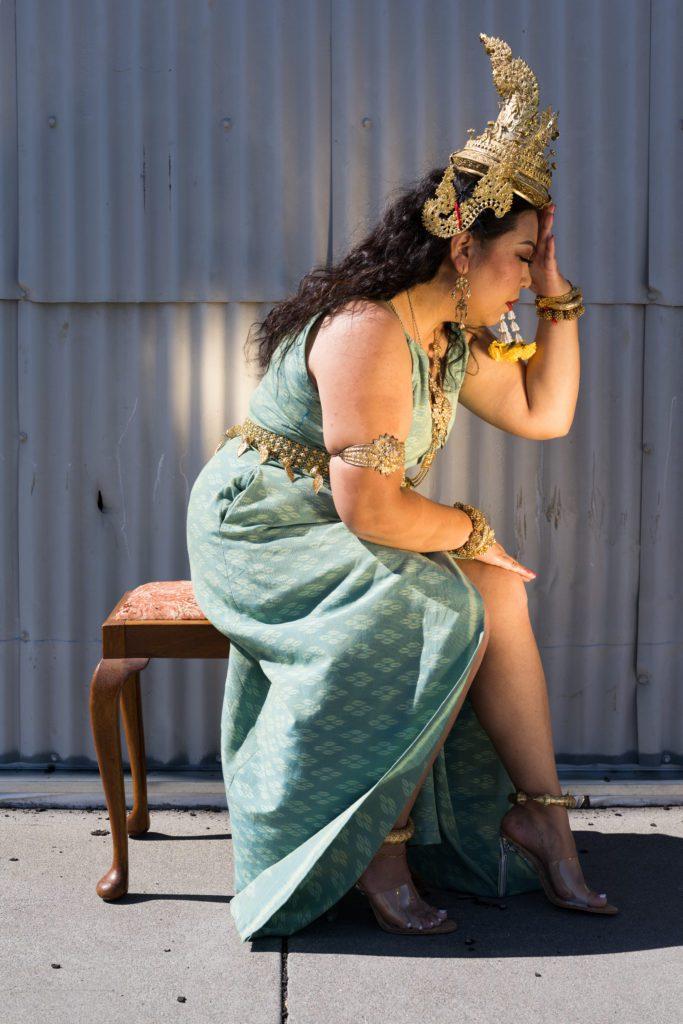
Ratha
"Our roots run deep, from our fearless ancestors to our rich cultural heritage. Our survival and resilience is what made me who I am today and that is what it means to be KHMER.”
San Francisco, CA
Rhummanee
“Healing is an ongoing practice, just like culture is constantly changing. Sometimes the culture is OK when it changes, sometimes it can have adverse effects, but the point is nothing is going to stay the same… we’ve had a whole generation that we’ve lost because of Khmer Rouge that would have informed our art practices, so that’s why we go back to people like Sinn Sisamouth & Ros Sereysothea, these were the people that were the culture makers of that time, before something took it all away”.
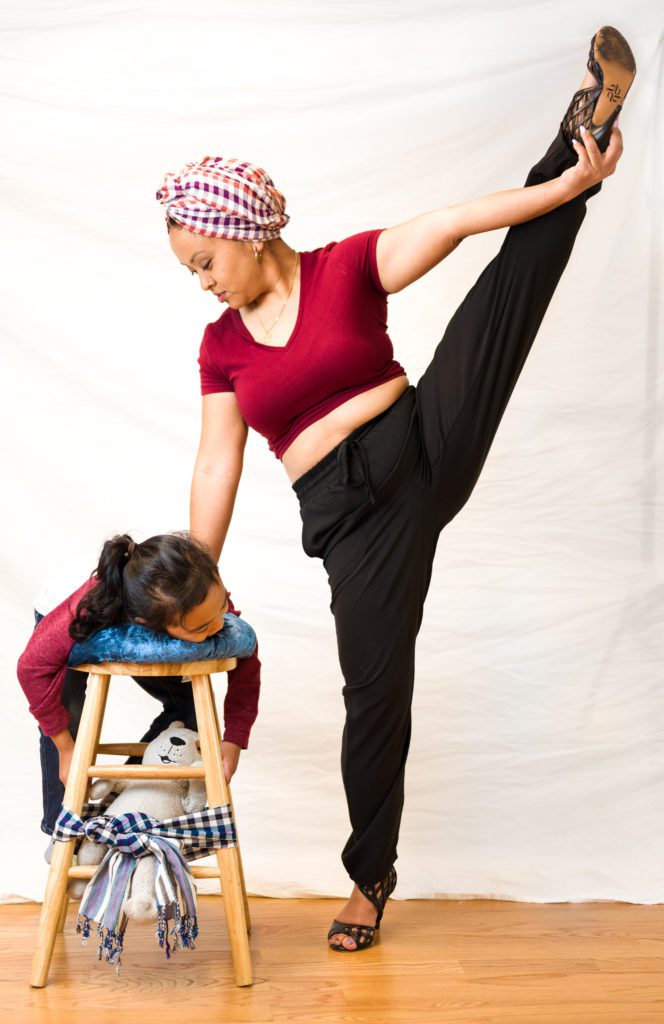
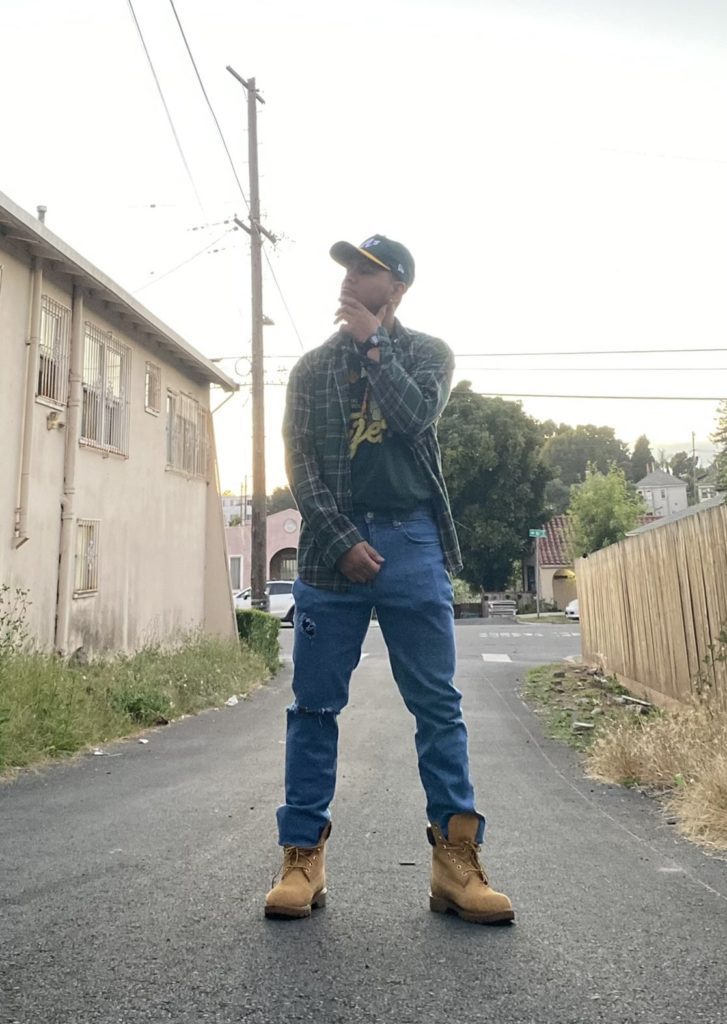
RJ
“I want to make music that everyone can relate to, I want to bring change & awareness… There is power in music, that’s the beauty of it. If someone had something to say, it’s probably because they haven’t listened to my music. If someone were to hear my tracks, that is who I am inside & out.”
Bochan
“I always talk about when my parents would host these parties and my dad would play Cambodian music from the 1970’s and my parents got to eat all their favorite foods that they know, life was good at that time, compared to what it was like (after)... so it’s like trying to forget those dark years from 75-79, and you’re just holding on to this”.
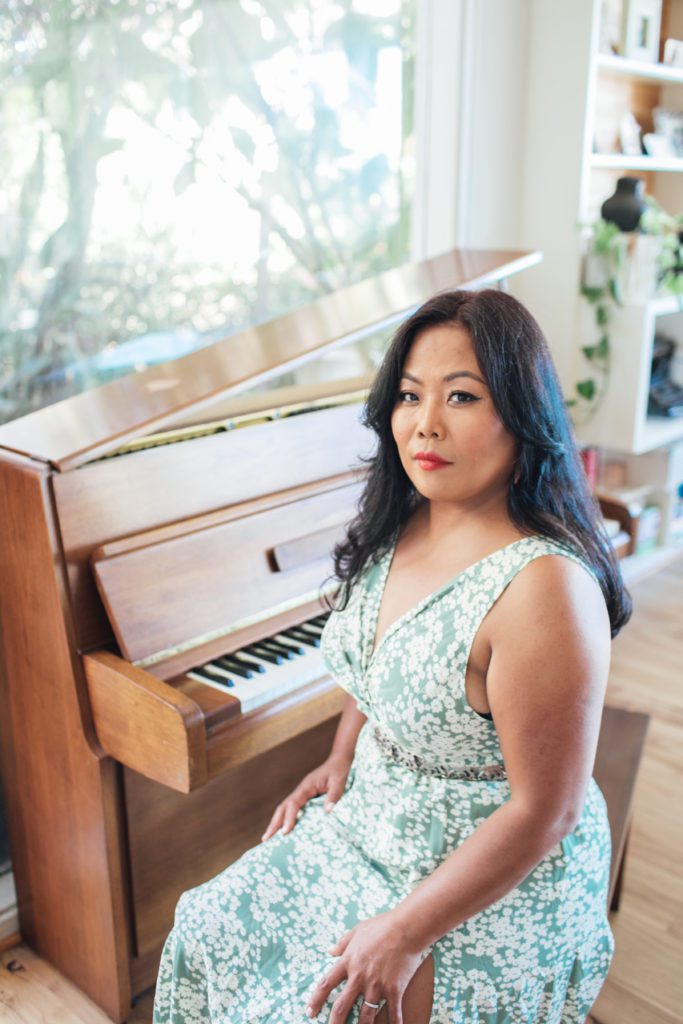
This project is made possible with support from California Humanities.
